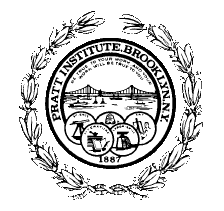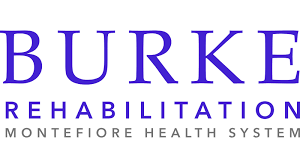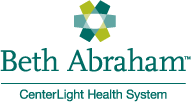Alzheimer’s disease (AD) one of the most expensive diseases to treat, due to the length of time an individual can live after diagnosis, which is estimated to be from 10 to 18 years (American World Health Statistics, 2009). Currently, there is no cure and the global world struggles to address the growing numbers of individuals diagnosed which estimated at 30-40 million people worldwide. This is one of the main reasons I have been honored to receive two Senior Specialists Awards through the Fulbright organization specifically in the area of Global Health.
In 2007, I authored the book entitled; Therapeutic Thematic Arts Programming for Older Adults (TTAP Method ™) through Health Professions Press. This book is founded and builds upon 3 areas of science which continue to grow with new discoveries that directly affect the Alzheimer’s population which include; neuroscience, developmental psychology and language usage. The TTAP Method™ , which is created to systematically stimulate right and left brain regions has been demonstrated in 3 pilot studies to play a crucial role increasing cognition by keeping the individual with AD mentally active, socially stimulated and personally engaged (research underway includes; Cornell University, in New York; Beechtree Rehabilitation and Care Facility in Ithaca, New York and through the Finnish Alzheimer’s Association). The TTAP method™ moves modern day research into practice, thus providing caregivers, healthcare providers’ and clinicians new and innovative ways in which to interact, communicate and provide person centered care in an inexpensive non-pharmaceutical intervention.
The TTAP Method™ utilizes a structured nine step modality that is based in the principles that the use of personal themes, and cultural themes, enhances the ability to provide individuals diagnosed with AD multiple opportunities to connect, communicate, and recall, through meaningful structured creative arts programming which has been proven to be culturally competent, and multicultural in design.
The care and treatment of those diagnosed with AD, has moved from a medical perspective to a social model. The National Finnish Alzheimer’s Association’s mission is to create strategies of rehabilitation in the homes and healthcare programs for those afflicted with any form of dementia.
I was invited to teach the Foundations of the TTAP Method™ and a The TTAP Method™ Certificate Course to 3 Universities in Finland; Hamk University of Applied Sciences, SEAMK University and the University of Tampere. In the photo below, students at HAMK studying in the areas of Gerontology, Nursing, Psychology, the Creative Arts and Therapeutic Recreation.
As part of my Fulbright responsibilities, I was Keynote Speaker for two Finnish Alzheimer’s Association chapters, in which over 500 professionals in the area of healthcare attended to learn how to better communication with an individual diagnosed with AD through past personal themes.
One of the main goals of the Fulbright Scholarship Awards is to increase international research to better mankind and our global community. Below, I was honored by the Finnish Alzheimer’s Associations’ grant award of $600,000.00 Euros to study the TTAP Method™ over the course of the next three years in the region of Hämeenlinna, Finland and simultaneously HAMK University has agreed to translate the book into Finnish by 2010.









